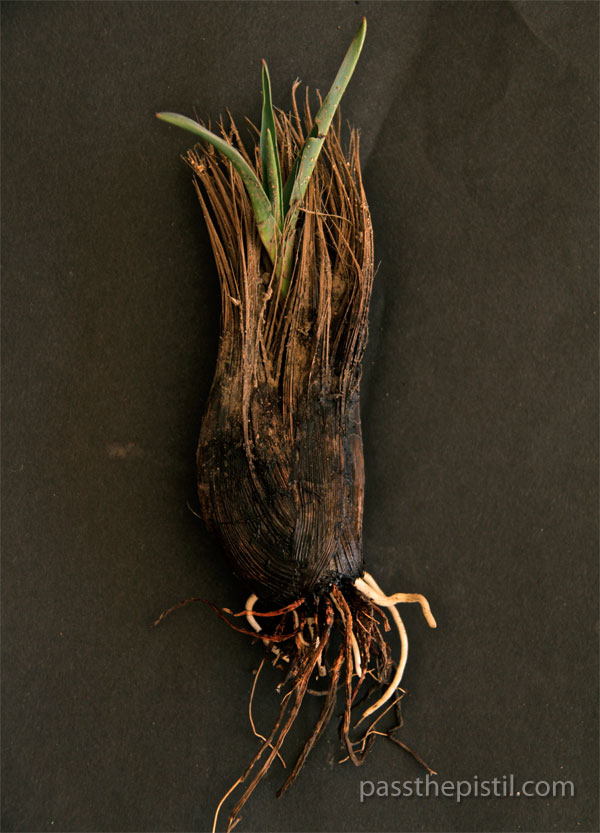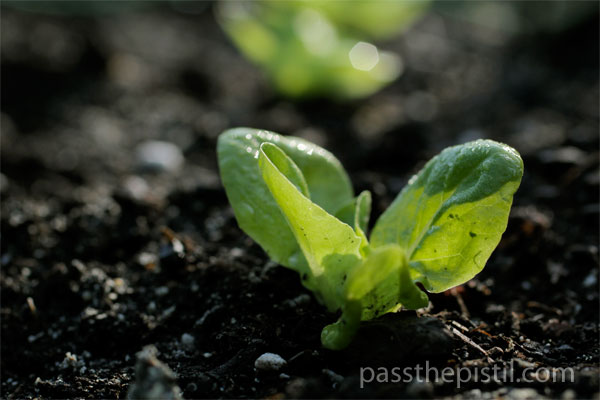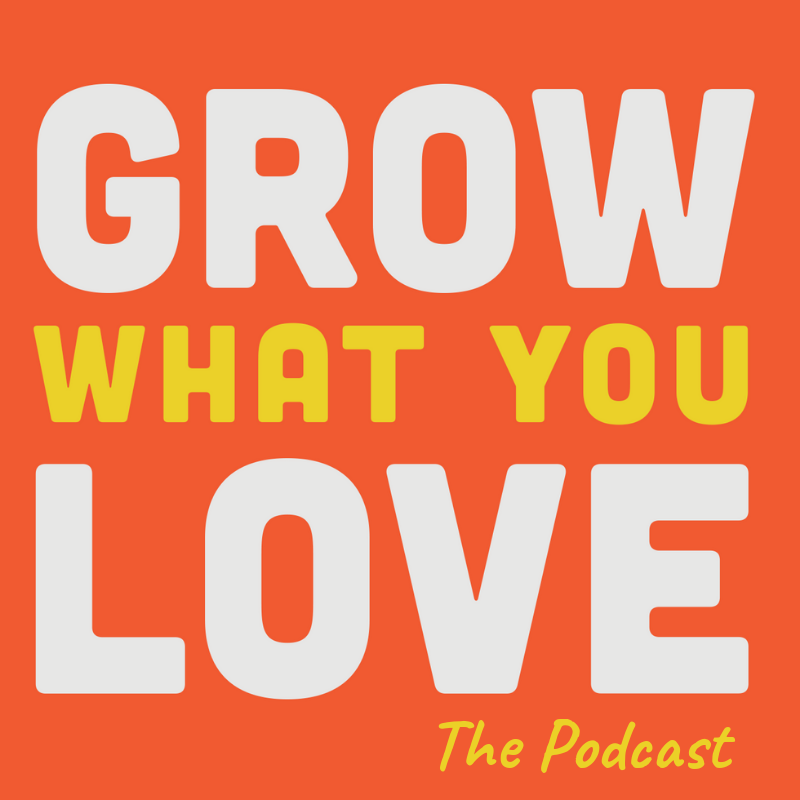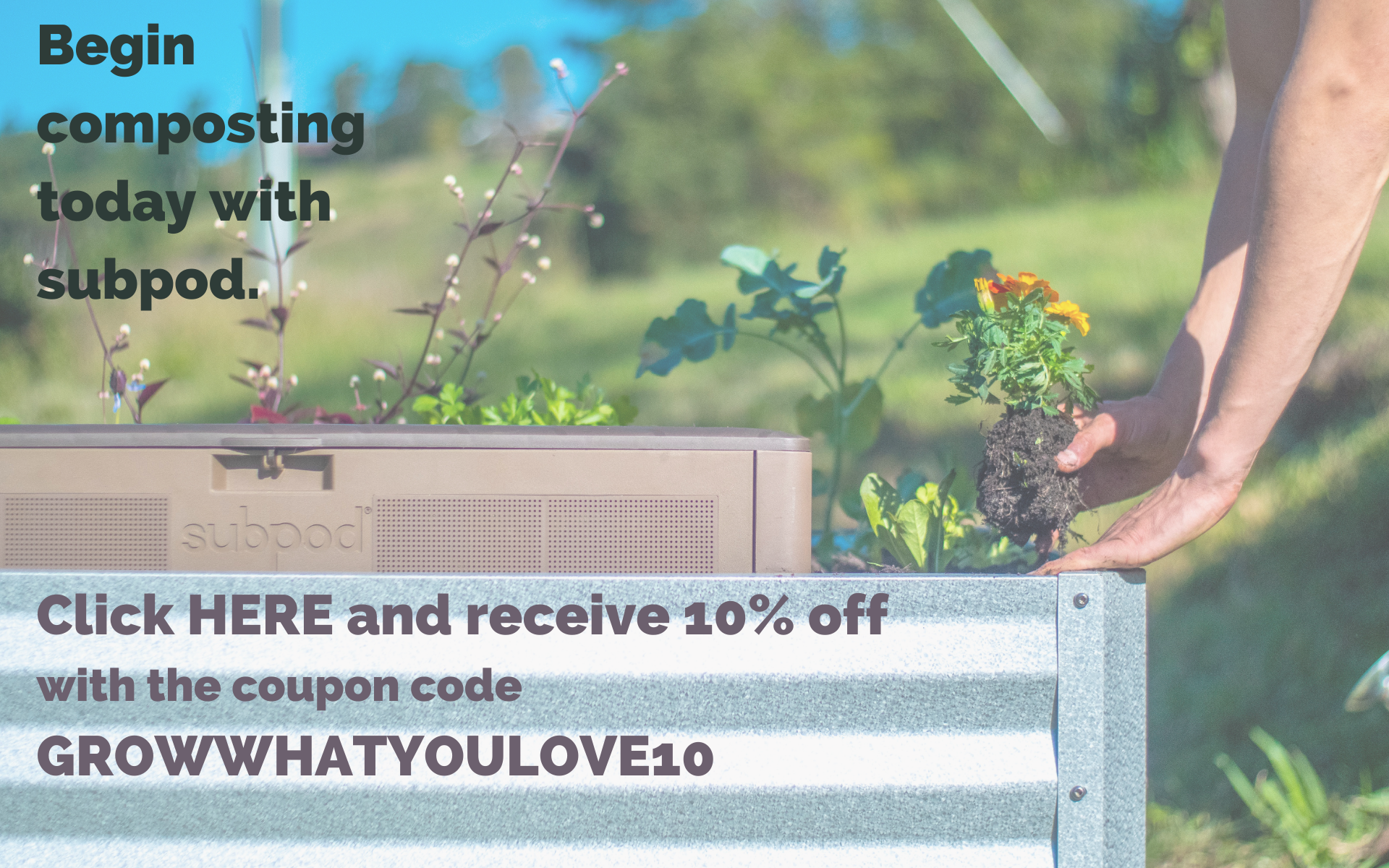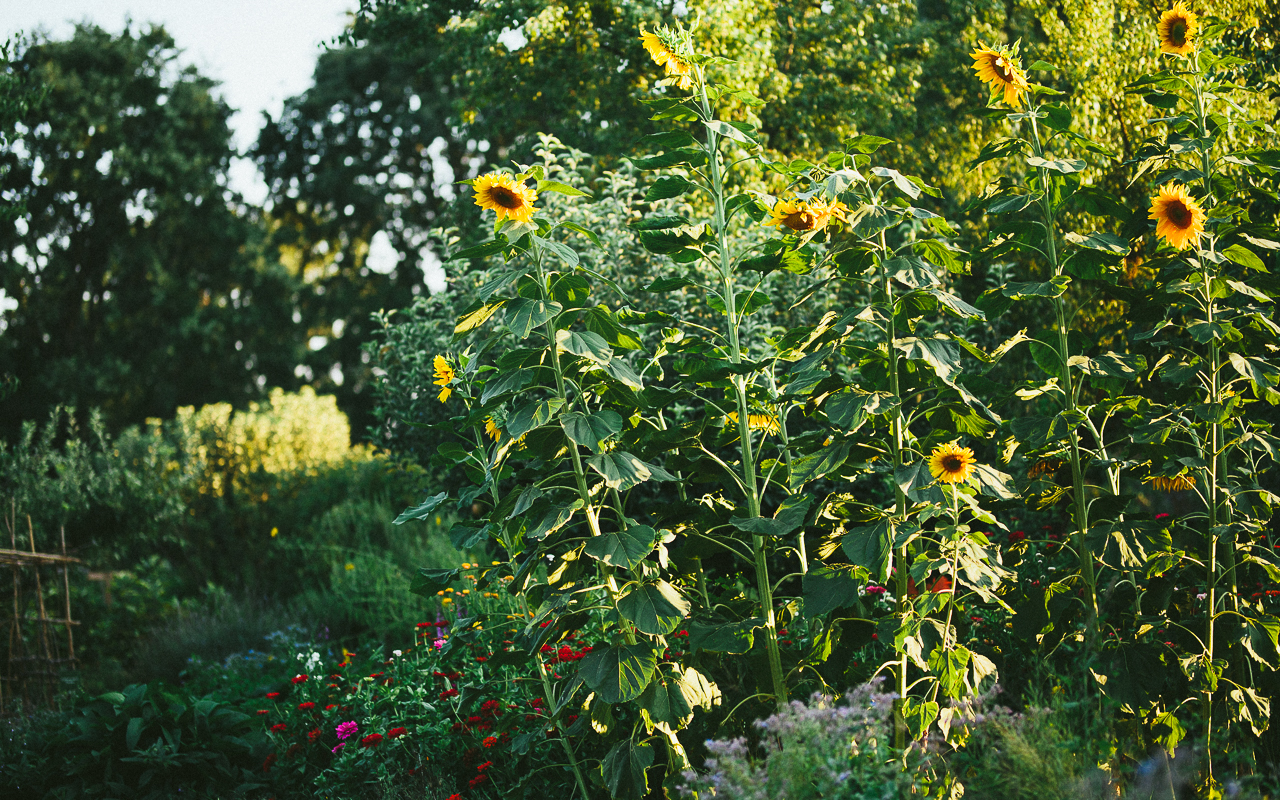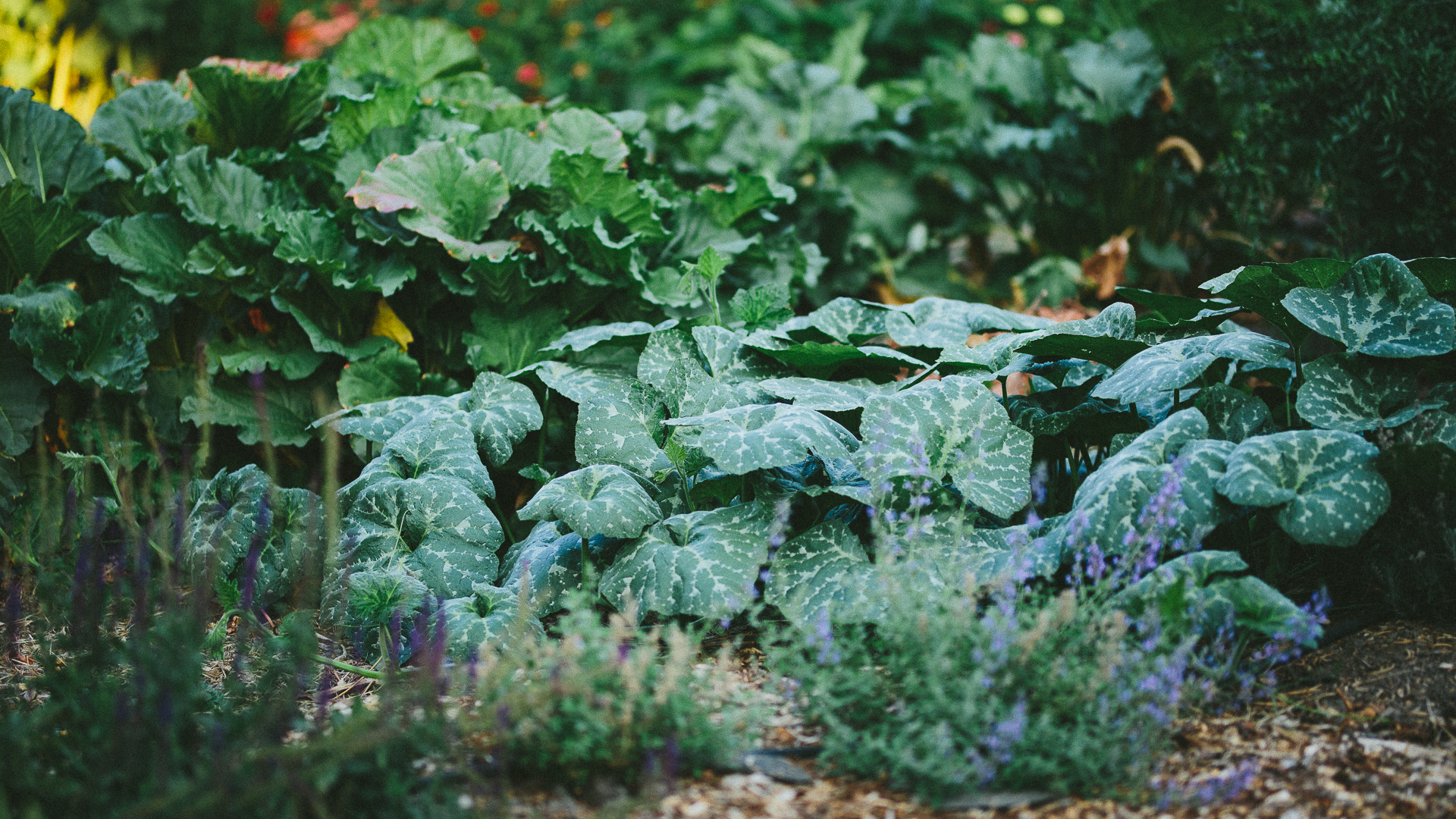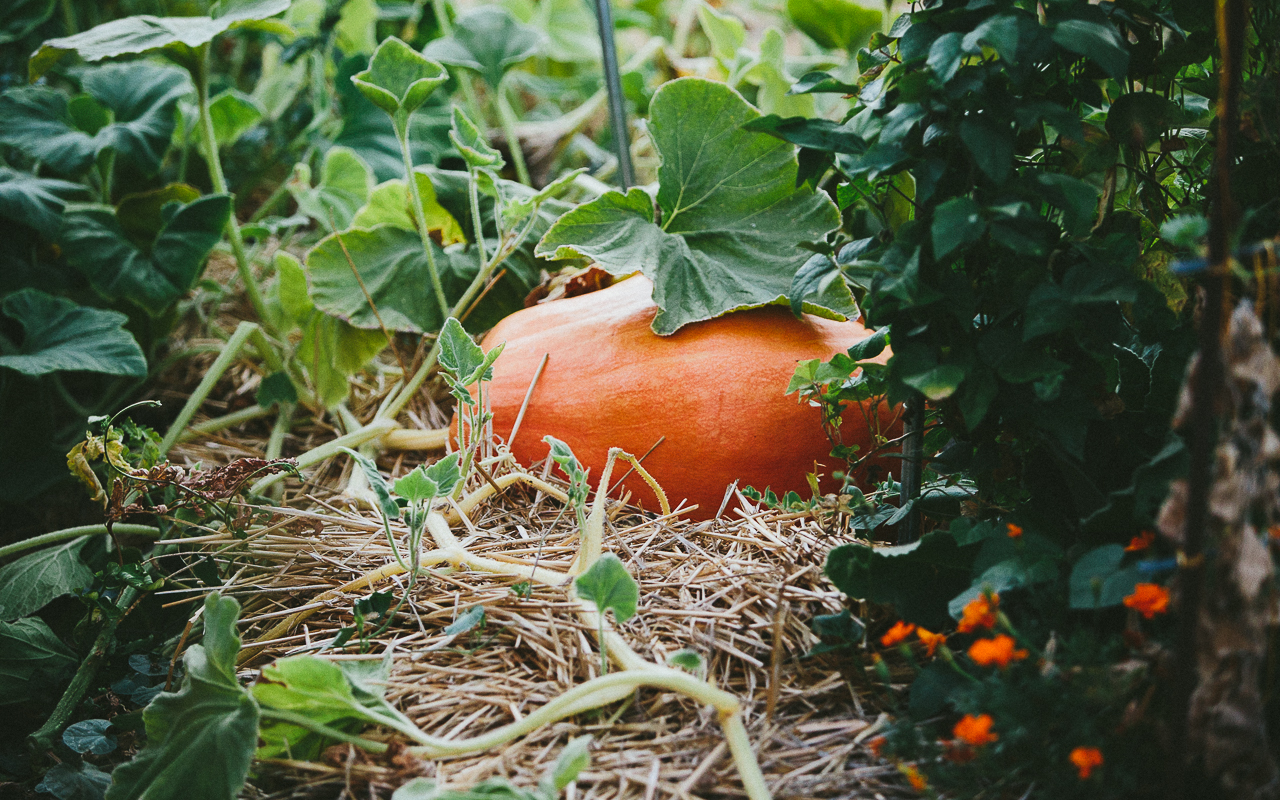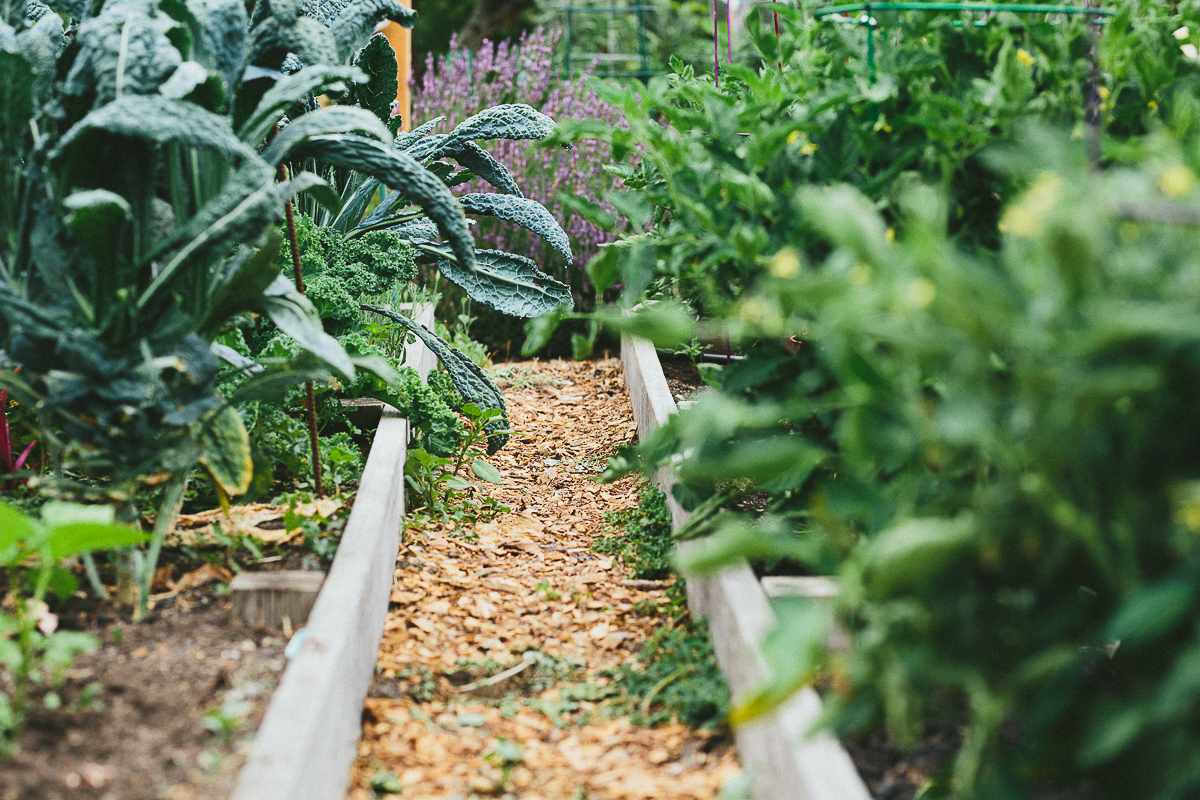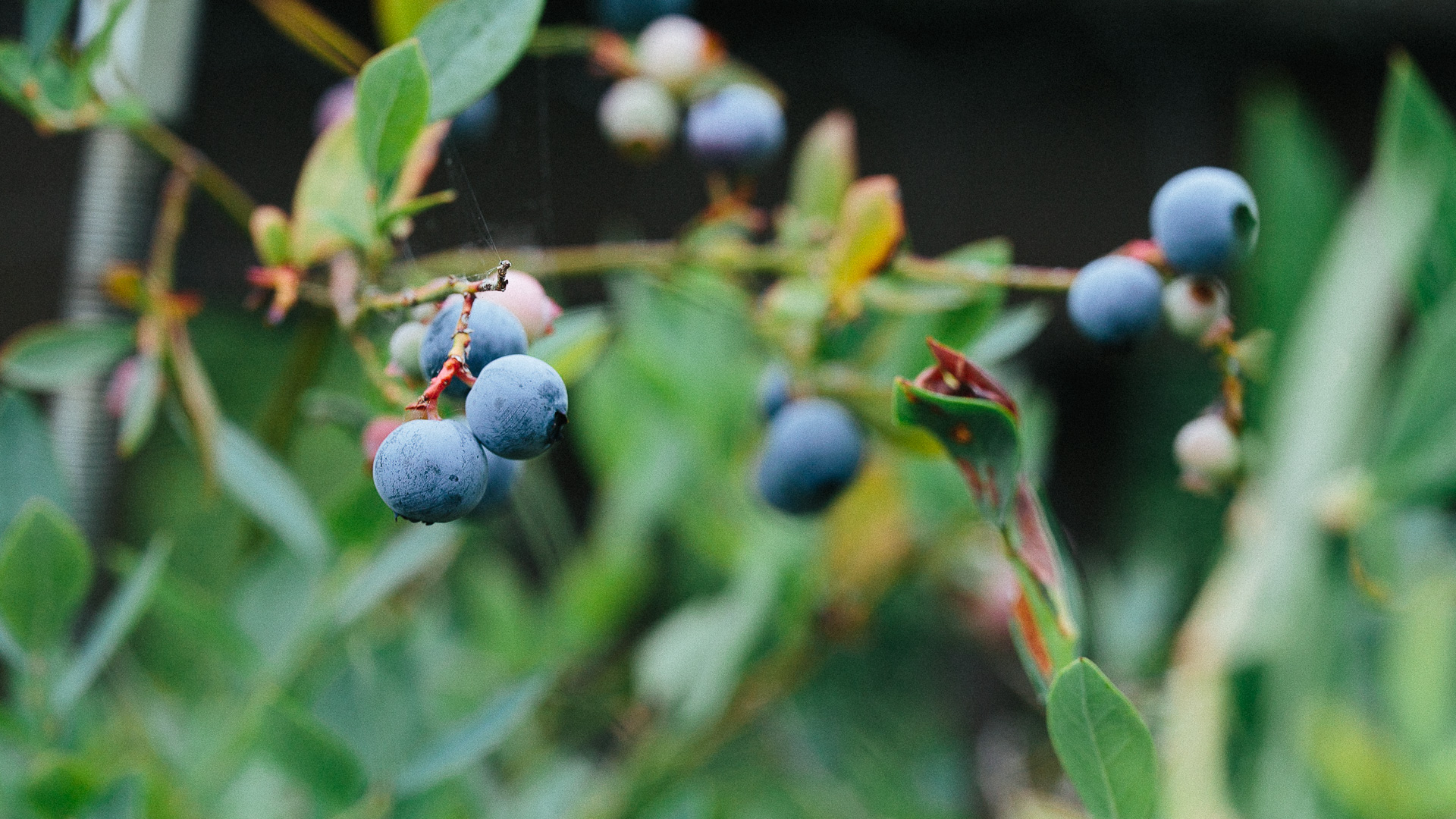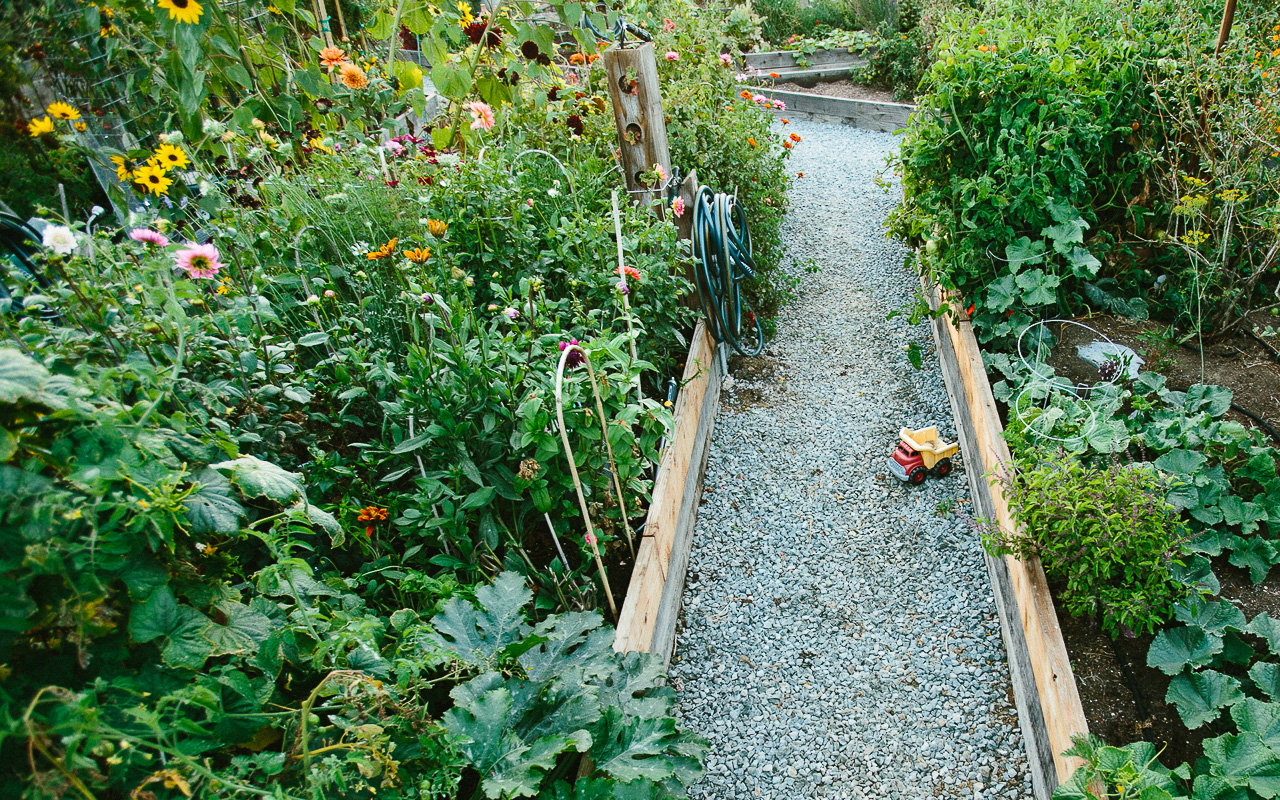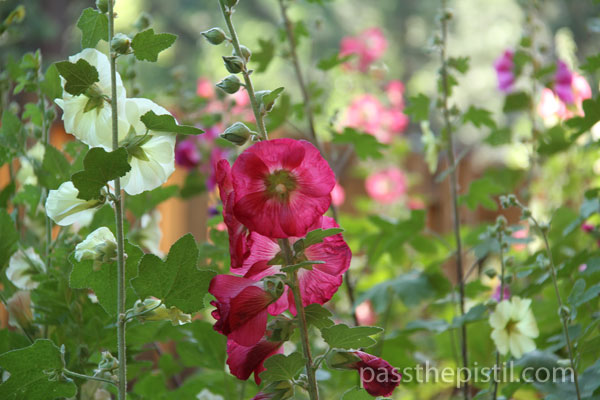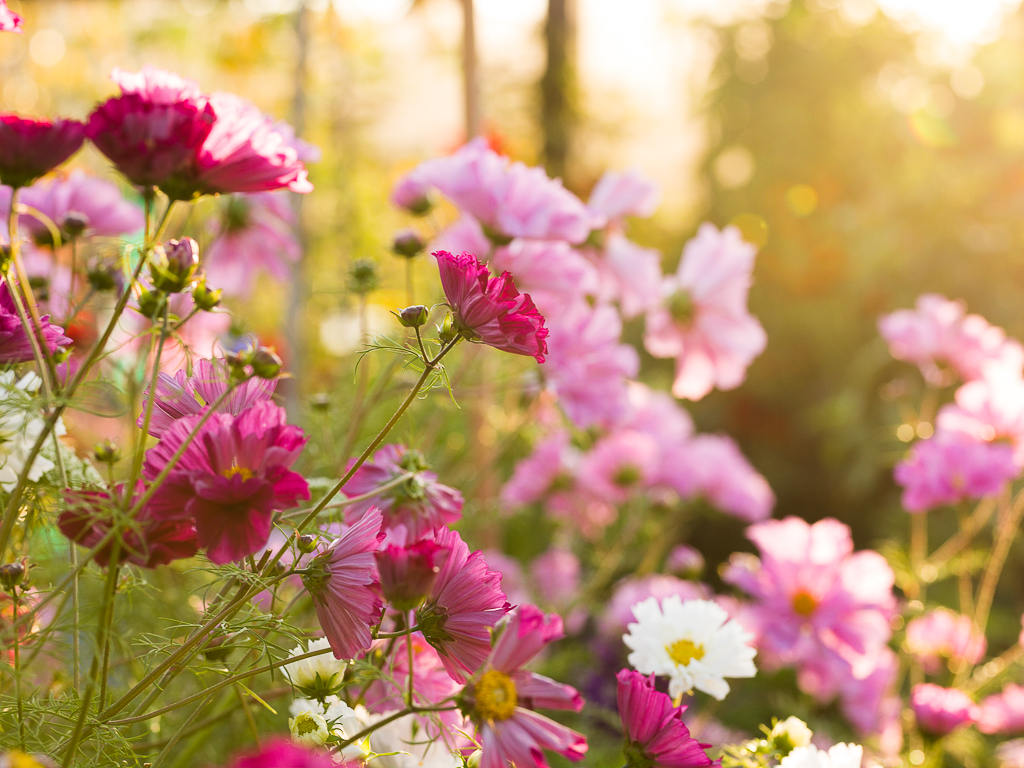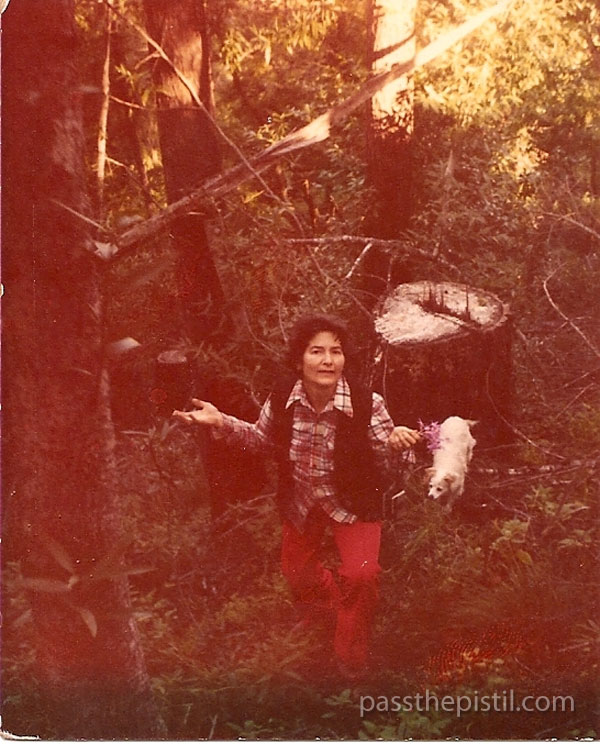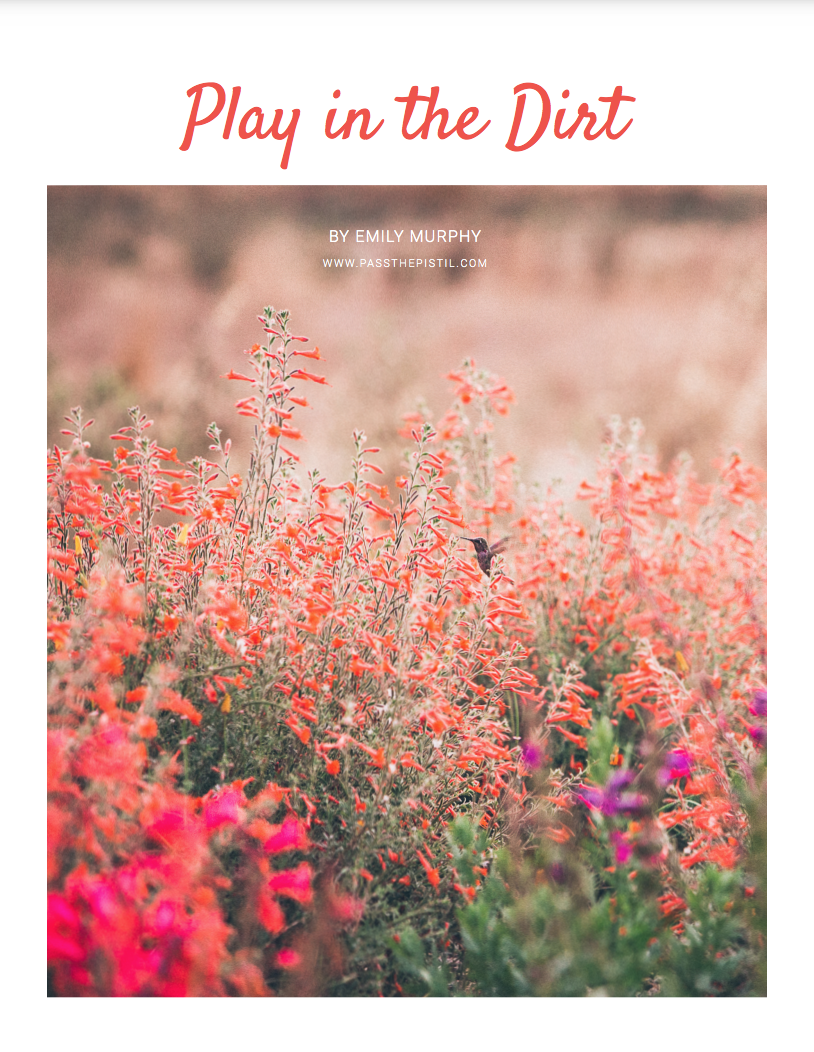You Are What You Eat
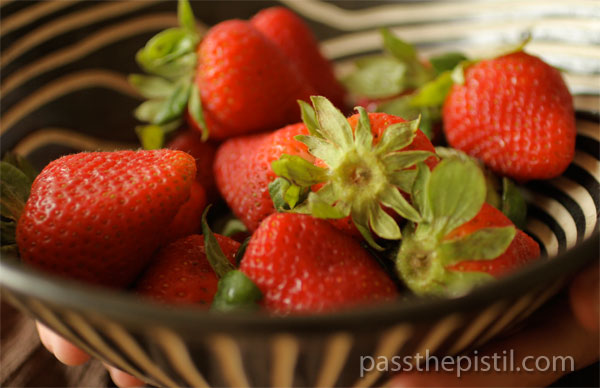
Methyl bromide has been the fumigant of choice for conventional, US strawberry growers. Plastic row covers are installed and methyl bromide gas injected, sterilizing the soil, killing fungi, weed seeds, and every other living thing. Studies show that fumigated fields yield 5 times more strawberries than non-fumigated fields. It’s a lucrative business, for farmers and pesticide companies. Especially when so many of us have become accustomed to juicy, ruby red strawberries much of the year.
However, methyl bromide has been identified as an ozone damaging chemical and was added in 2005 to the list of banned substances under the Montreal Protocol, an international treaty established to protect the earth’s ozone. A critical use provision was then passed for its continued application while farmers look for a viable alternative.
A sister chemical, methyl iodide, was considered and it’s use passed by the EPA. This came as a shock to the scientific community. Methyl iodide is a volatile chemical known to cause cancer, nervous system damage and miscarriages and it’s potential to travel by air to neighboring communities, contaminate ground water and poison farm workers a critical concern. Only last week, after years long battle, was the the pesticide taken off the market.
Soil-less growing mediums such as peat and coconut fiber are also being examined. Why use dirt only to sterilize it? However, cost and natural resources could deem this prohibitive. So what will they do?
The strawberry agribusiness in California alone is a billion dollar endeavor. The math seems simple to many. The more strawberries produced the more money made, no matter the cost. But have we lost our minds? Polluting the soil, polluting the air and polluting our bodies for strawberries?
I love strawberries as much as the next person. Particularly the smaller varieties, brilliant red straight through with a complex sweetness that is a mix of earth and spring. But fruit such as this only comes from well tended, healthy soil. Soil that is living. Organic strawberry growers at Swanton Berry Farm describe their successful “slow farming” business as one based on soil health. By using dry fallow rotations, crop rotations, cover crops, weeding and a bit of care there are no pesticides needed. The fruit sometimes costs a bit more than its conventionally raised counterpart but the flavor and nutritional value cannot be beat. In fact, consuming conventionally grown strawberries could adversely impact your health. They are among the dirty dozen, one of twelve fruits and vegetables with the greatest amount of residual pesticides.
Solutions:
- Buy organic strawberries.
- Grow your own organic strawberries.
- Rotate strawberry crops with broccoli or other brassicas.
Listen
Buy The Book
Special offers
Newsletter Signup
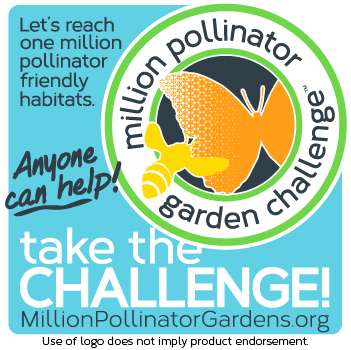
Archives
Disclosure
Pass The Pistil is a participant in the Amazon Services LLC Associates Program and other affiliate programs such as Etsy, affiliate advertising programs designed to provide a means for sites to earn fees by advertising and linking to curated affiliate sites.


